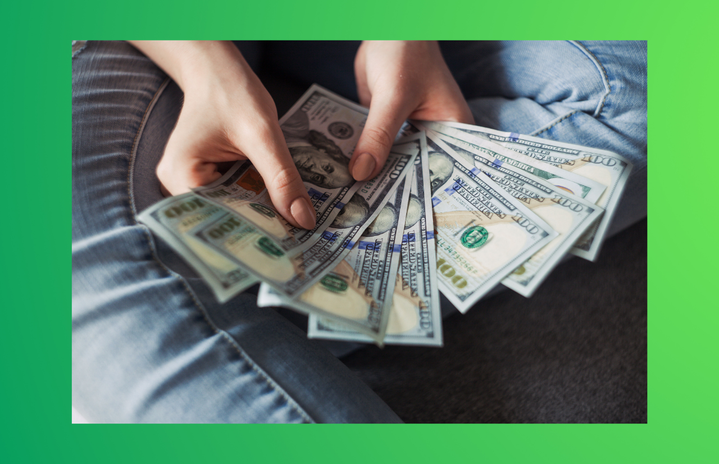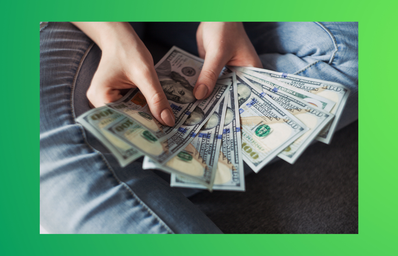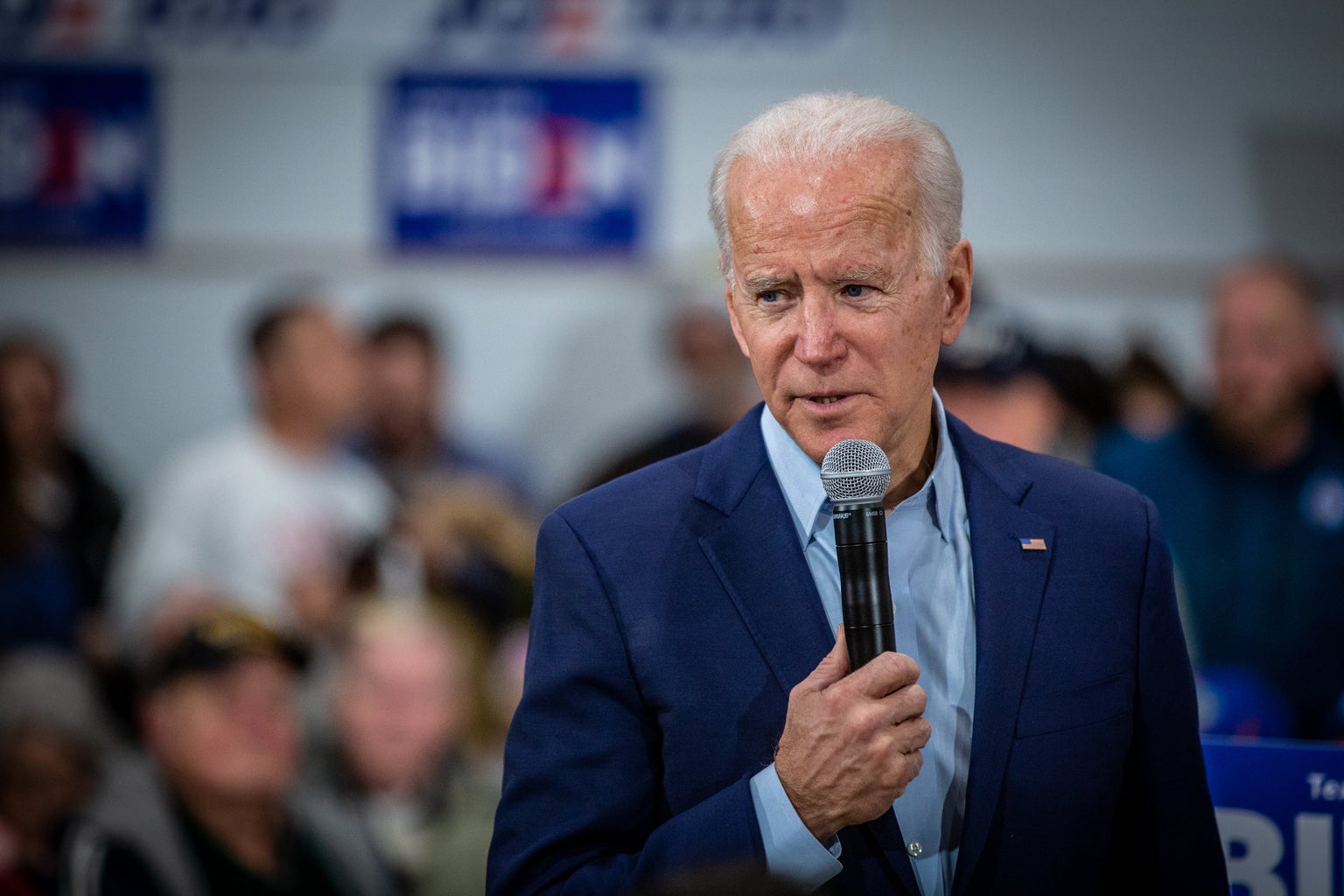On August 24, 2022, the Biden administration released their Student Debt Relief Plan which fulfills Biden’s campaign promise to cancel a portion of student debt. People with incomes less than $125,000 or married couples or heads of households with a household income less than $250,000 are eligible to apply.
Biden brought in some relief from the pandemic economy by pausing payments for student loans until December 31st. The new debt relief program comes in at a time when many may be gearing up to begin repayments.
The average college student graduates with around $25,000 of debt, which has been a struggle for so many postgraduate students starting jobs in the post-pandemic economy. With college tuition in the United States being on the higher end, it is important for the US to take steps to ease the burden on college students. Debt relief will also help narrow the racial wealth gap in our country. Black students are more likely to require government aid for tuition, with the Pell Grant being one example of this.
Biden’s policy is also the perfect opportunity to recover your financials from a defaulted student loan. In this sense, the program is a sort of “second chance” for those who haven’t been able to make payments in time.
Estimates hold that the program will cost anywhere from $500 billion to $1 trillion for the government. But the flip side of this is that analysts say that many of these loans were not going to be repaid anyways, so forgiveness may not change as much revenue as expected on the government’s end. While some are wary of how this debt relief program will affect the economy in some aspects such as inflation, this policy definitely comes as a huge relief to college students.
Critics of the program point out that these actions are unfair to those who have already paid off their loans or provide an unfair advantage to those who have not secured a high-paying job while still having the same amount of loans as someone who has. But all public programs such as these need to start somewhere, and this program can serve as a precedent for stronger action from Biden and future administrations.
One caveat to the program is that privately held federal student loans through the Federal Family Education Loan (FFEL) program are not eligible to be canceled. These individuals need to go through a process to consolidate their loans into the Direct Loan program before they can apply for forgiveness. Because of the consolidation process and any other bumps that may come up once the application process opens up, it is a good idea to first consider whether forgiveness will be a benefit to you before applying right away.
Although the exact details of the registration process are not open yet, the application will most likely open around early October. The application itself will be open for at least a year, but everyone is encouraged to submit the application within a month or so.



